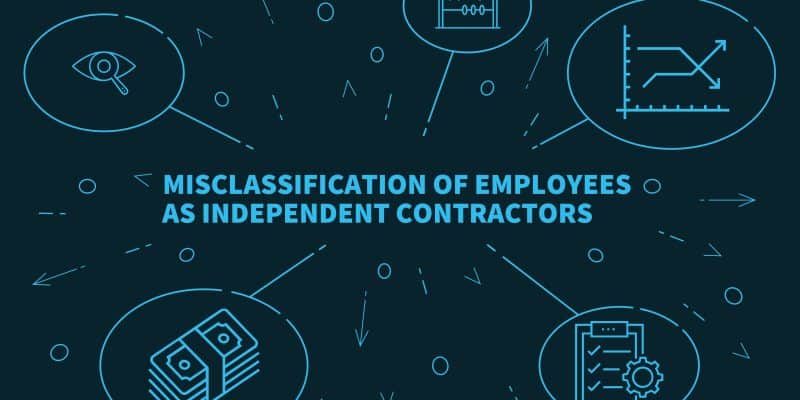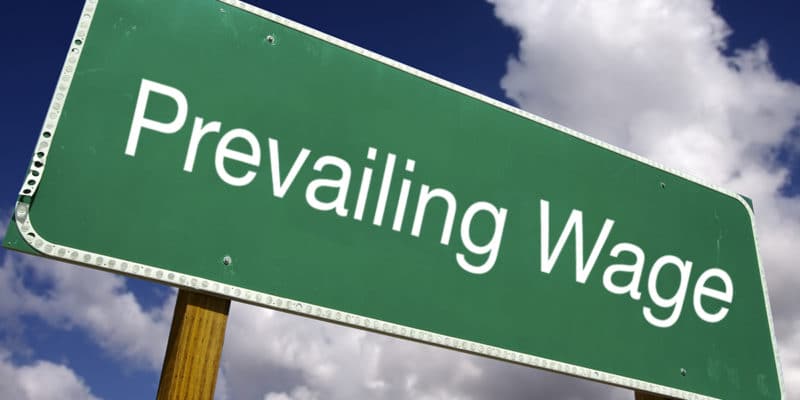The National Law Review
Friday, January 24, 2020
… Gov. Murphy signed 6 new laws that address the misclassification issue and provide for significant liabilities for those employers found to have misclassified workers. …
A 5838 – Stop Orders
Under this law, the New Jersey Department of Labor (“DOL”) is now empowered to issue stop-work orders against any employer who is found to be a violation of “any State, wage, benefit and tax law.” This would include failure to pay wages required by law and misclassification of a worker as an independent contractor. The stop-work order would require the cessation of all business operations at the place where the violation exists. …
A 5839 – Additional Penalties
… New penalties are now available against employers who misclassify workers. The new law provides an administrative “misclassification penalty” of up to $250 for each misclassified employee for first violations, and up to $1,000 per employee for each subsequent violation. In addition, a penalty will be paid to the misclassified worker of “not more than 5 percent of the worker’s gross earnings over the past twelve months from the employer who failed to properly classify them.”
A 5840 – Joint Liability
… Gov. Murphy amended the Wage Theft Act so that there is also joint and several liability when the state employment tax laws are violated. So, if you use contract employees and your contractor improperly classifies its workers as independent contractors, you could be liable for all the fines, penalties, and damages resulting from this misclassification.
A 5843 – Notice Posting
This law requires employers to post in the workplace a notice of the prohibition against misclassifying workers, the benefits and protections available to employees and the remedies available under all of the new laws. The DOL is tasked with developing and issuing a form of notice for employers. The law also … provides a private cause of action for employees who are retaliated against. Finally, any employer who violates any part of this law shall be guilty of a disorderly person’s offense and pay fines between $100 and $1,000. …
S 4226 – DOL Website Posting
This law permits the DOL to post on its website the name of any person who is found to be in violation of any state wage, benefit, or tax law, and who has had a final order issued against them by the DOL Commissioner. …
S 4228 – Tax Data Sharing
This law permits the State Division of Taxation to share with the DOL the following information (which was previously deemed confidential): tax information statements, reports, audit files, returns, or reports of any investigation for the purpose of labor market research or assisting in investigations pursuant to any state wage, benefit or tax law.










